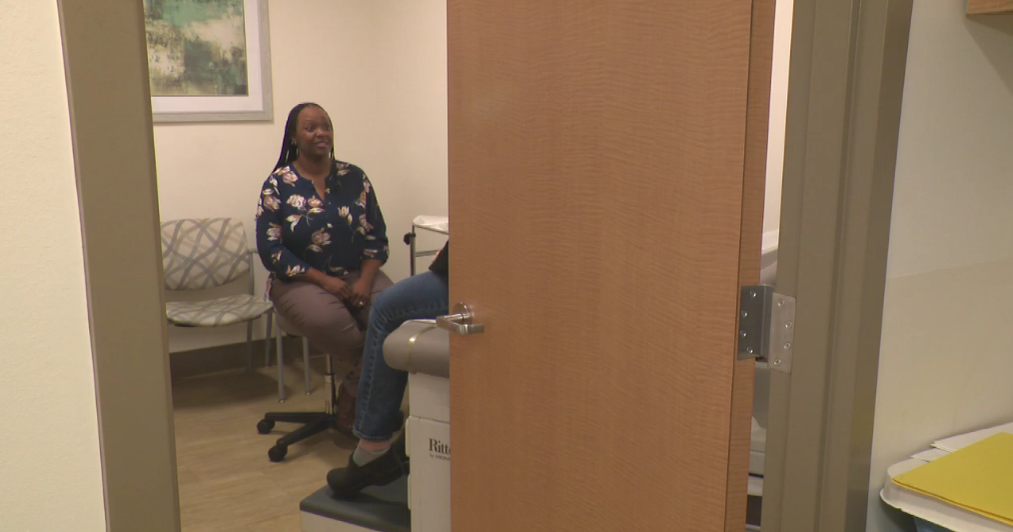Protecting yourself from Alzheimer's disease
PITTSBURGH (KDKA) -- When it comes to our long-term health, few things are more intimidating than Alzheimer's disease.
This is Alzheimer's Awareness Month and as the experts point out, it's something to start thinking about when you're young.
KDKA's John Shumway is here to explain.
If there was a pill to prevent Alzheimer's, who wouldn't want to take it? But without that being an option, there are things that you can do to help protect yourself.
While the scientists in the labs of the world search for a way, a vaccine, or something to prevent a disease that devastates families and is called the long goodbye and with 70% of its victims being women, here are a few things that might help keep Alzheimer's at bay -- at least for a while.
The first thing you can do is get around 150 minutes of exercise per week.
"Exercise multitasks," said Dr. Jessica Caldwell with the Cleveland Clinic. "First and foremost, when you exercise, a chemical is released in your brain immediately and over the long term that supports your memory systemin the brain."
Dr. Caldwell at the Cleveland Clinic says the exercise can be moderate, like a brisk walk.
The second thing you can do is get the right amount of sleep.
"When we sleep, during certain stages of our sleep and not others, our brain actually clears debris," Dr. Caldwell said. "One of the types of debris our brain clears is amyloid, and amyloid is a protein that builds up in unhelpful and pathological ways when it comes to Alzheimer's disease."
In addition, manage your blood sugar and blood pressure. Quit smoking, moderate drinking, and try to maintain a healthy body weight.
Dr. Caldwell says to consider the Mediterranean diet.
"Mediterranean style means increasing healthy fats like olive oil and fatty fish, as well as increasing green leafy vegetables and whole foods overall, avoiding processed foods and avoiding red meat," Dr. Caldwell said.
Dr. Caldwell says that diet is good for your brain and your heart and she says none of these suggestions are for later in life -- they are for now to best head-off the possibility of Alzheimer's later.
When it comes to how young you should adopt these habits, Dr. Caldwell says to start in your 20's and adopt them for your lifetime. Although she says it's never too late to start, she adds had we known the impact of these lifestyle adjustments on Alzheimer's thirty years ago, it's estimated that 40% of the current Alzheimer's cases might have been avoided.







